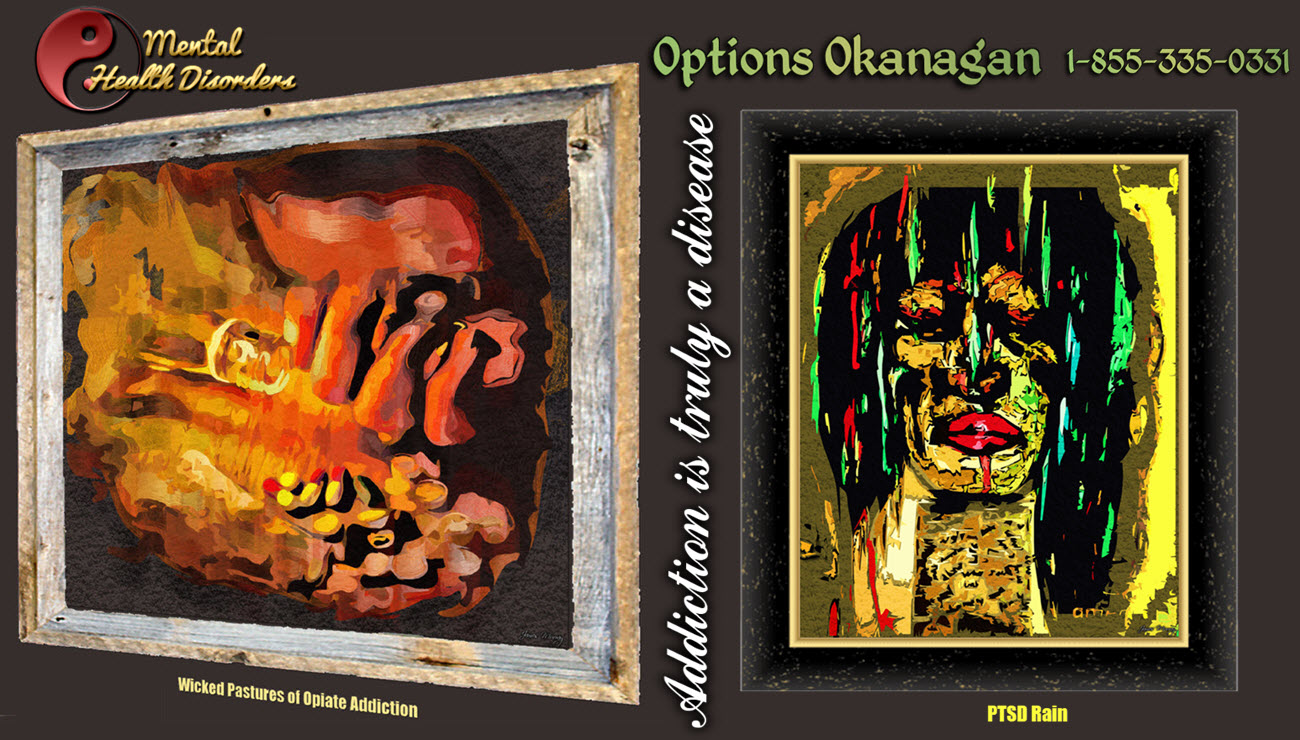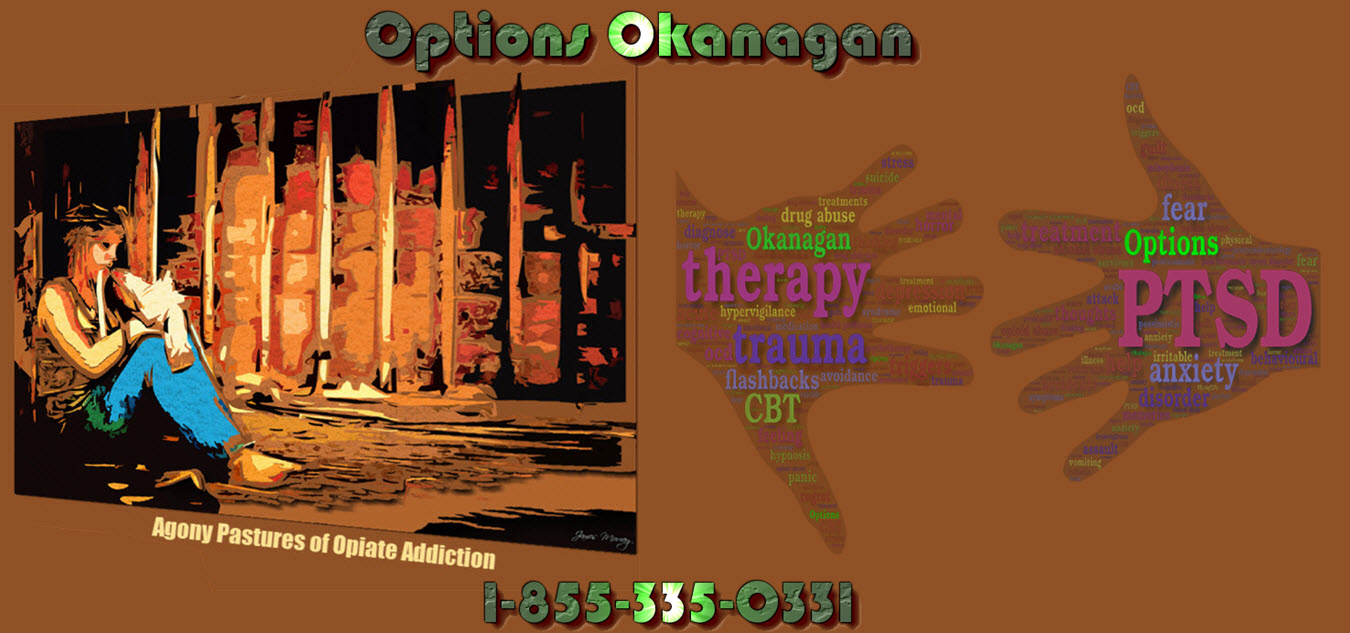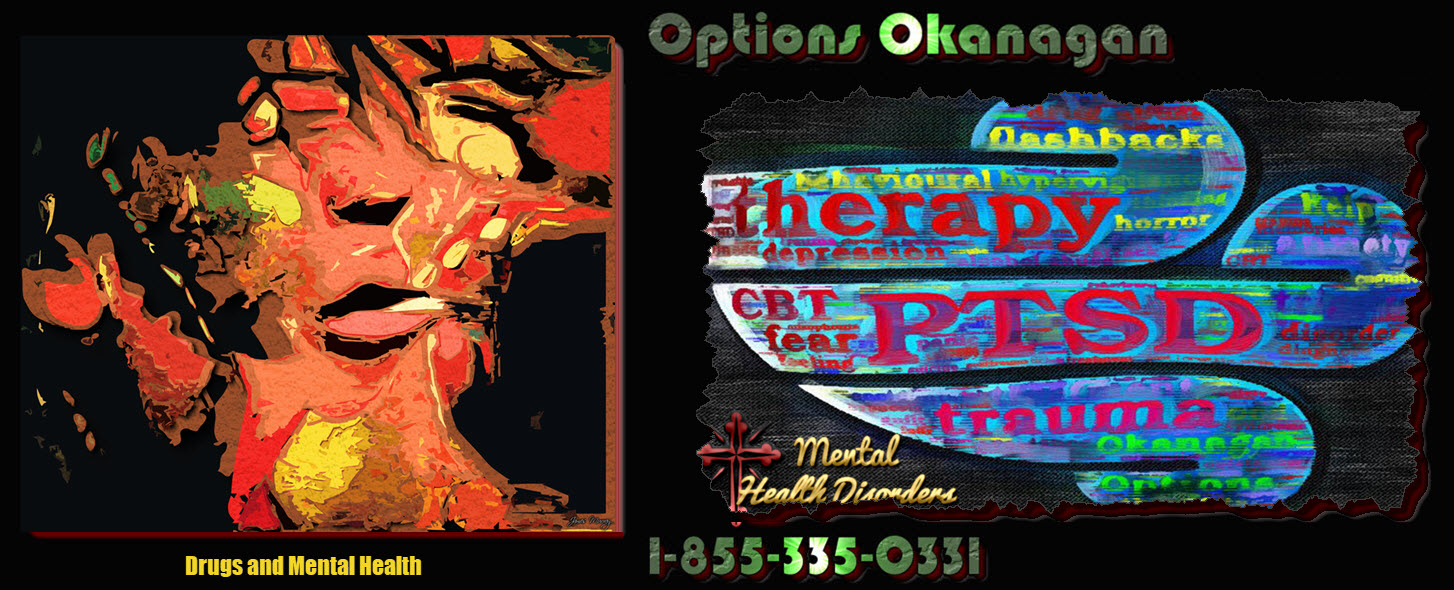Mental health disorders – Drug rehab programs in Alberta and British Columbia – Options Treatment Center in Kelowna, British Columbia treating drug, opiate, fentanyl, heroin, and alcohol addiction and recovery.
Drug Rehabs In Alberta And BC
When people hear this phrase “I feel triggered!” so often that it detracts from its value in understanding and caring for someone who has experienced trauma. In everyday conversation, triggering is often used to convey when something reminds us of something unpleasant. However, the careless and excessive use of the term can make people less aware of the burden it carries when speaking in the context of mental health.
Mental Health Disorder Programs In Alberta And BC
What is a trigger in a clinical sense?
Clinically, the term trigger looks different from the everyday meaning. The trigger is still something reminiscent of the past, except that the memory is clinically very painful or interferes with memory. These intense feelings cause changes in their focus, mood, or concept of reality, and affect their ability to stay in the present.
For example, for someone who was never traumatized as a child, spilling a glass of water on the floor probably wouldn’t be a big deal. They can quickly clean up the mess and get on with their day. But for someone who grew up in a home with an abusive environment, the spill may remind them of the criticism they would have received as a child for making a simple mistake. The little moment of dropping a glass of water can get them in trouble, make them cry, or paralyze them with fear.
Triggers can lead to flashbacks, gripping memories that feel like they’re about to happen again. There are many types of triggers: event warning, physical environment, movie or song, sudden or loud sound, names or tone of voice. Triggers are unique for each individual.
What happens mentally when they trigger me?
When a person encounters a trigger, the amygdala, the part of the brain largely responsible for emotions and instinctive responses, is activated. At the same time, the frontal lobe, the part of the brain responsible for cognitive thinking and decision making, becomes less active.
This process activates something known as the fight, escape, freeze, or deer response. The person is less able to think critically and react objectively to a situation and enters a state of instinct and emotion. For someone who is already addicted, triggering can be a challenge for them to monitor their recovery. That’s why it’s important for sober people to pay more attention to themselves and proactively counter potential triggers.
What are common reactions to psychological triggers?
Everyone’s response to triggers is different. Some people don’t even seem triggered because they suppress their strong emotions through separation, a psychological defense mechanism in which a person shares conflicting emotions and thoughts so that they can only focus on one thing. In some cases, other people can express all their emotions outwardly and openly. For triggers that are repeated or too strong, there may be a desire to relieve pain and self-medicate with drugs or alcohol.
Options Okanagan Opiate and Alcohol Treatment Centers in Kelowna, Salmon Arm and Vancouver, British Columbia – Men and Women are recovering and healing from Alcohol and Drug Abuse at our treatment center here in the Okanagan right now.
Our unique and distinctive Opiate Drug and Alcohol treatment program allow men and women to come in from Calgary as well as Edmonton as we offer airport pickup.
Numerous clients come to us from Vancouver, Calgary, and Edmonton and other locations in Alberta and even other provinces for Opiate addiction treatment, heroin drug treatment, many other drugs, and alcohol addictions for rehabilitation because of the uniqueness of our treatment center.
Our (Kelowna) Alcohol and Drug Treatment Program Location:
(Not Mailing Address) – Contact Us – Web Page
For Mail Delivery :: Please contact each center for correct mailing addresses, also this location is the location of our residential treatment programs in Kelowna. Please call Toll Free 1-855-335-0331 – to contact the treatment center you are going to for the address and directions.
Options Okanagan Drug and Opiate Treatment Center
551 Sherrydale Crescent, Kelowna, British Columbia, V1V 2E6
Toll-Free Phone Number: 1-855-335-0331




